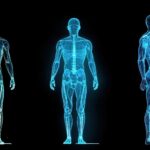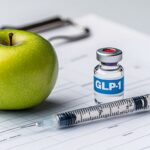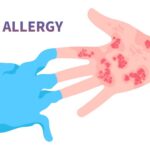Sickle Cell Crisis: A Real-Life Rollercoaster
Picture This: Your Blood Cells on a Wild Adventure So, you’ve got this thing called sickle cell anemia. It’s like having a secret handshake with your genes—two recessive sickle cell genes from your parents. These genes mess with your red blood cells, especially when oxygen levels are low. Let’s break it down: The Sickle Cell Crisis:…









